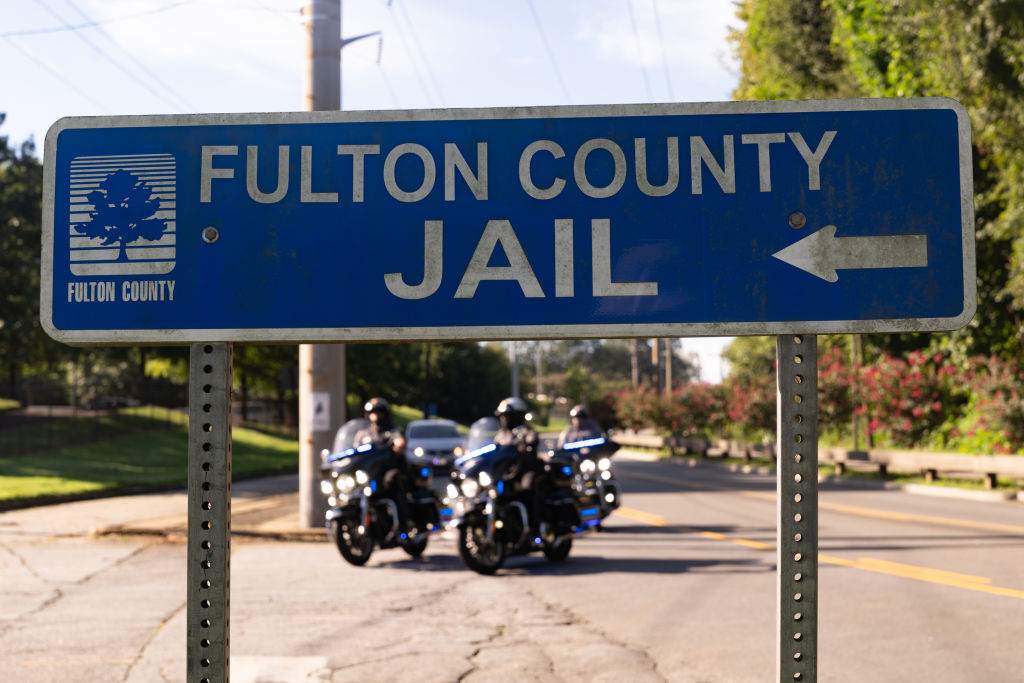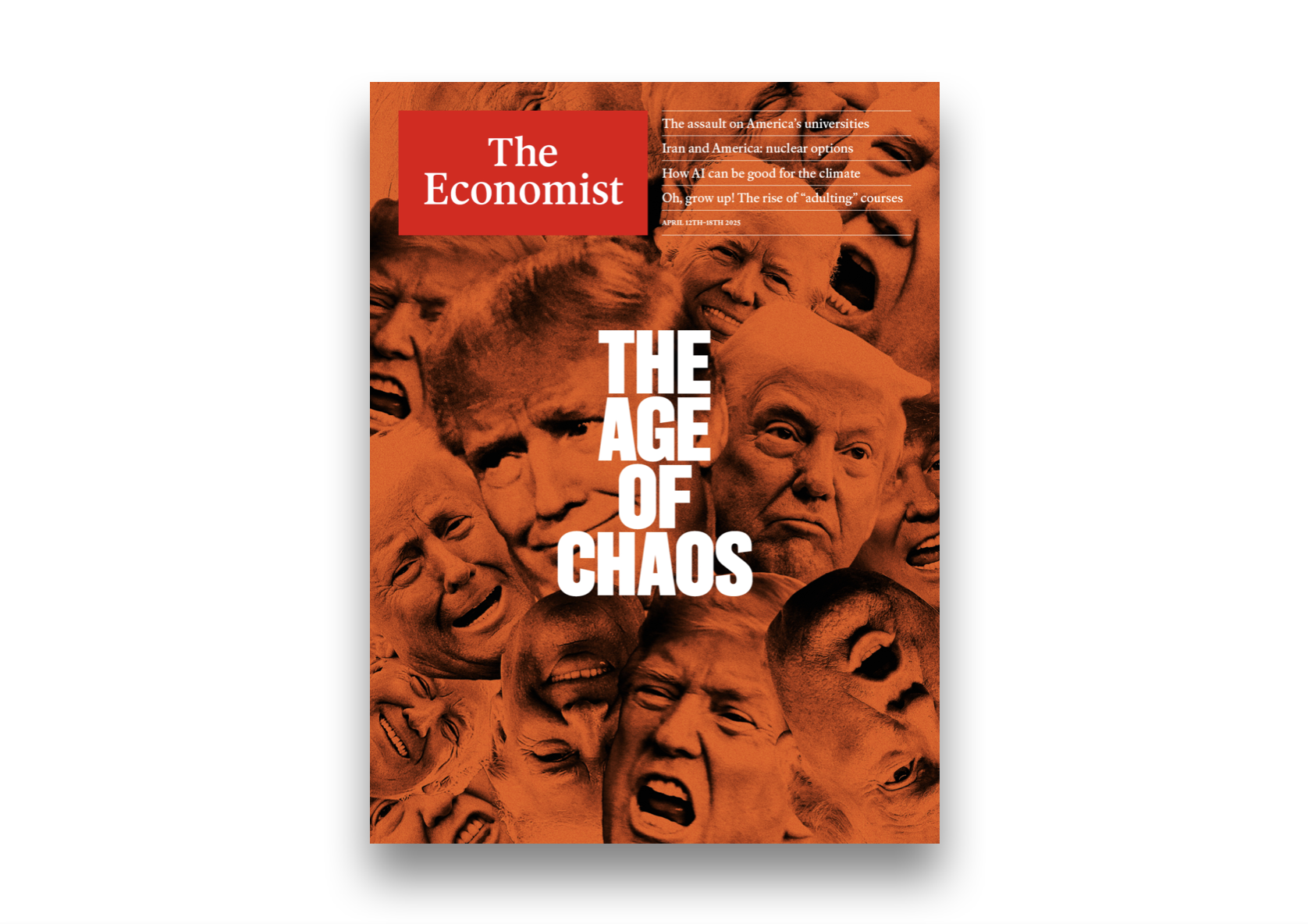A Georgia district attorney operating in Fulton County unveiled a sprawling state indictment Monday charging former president Donald J. Trump and his allies with violating a mafia-era state law — modeled after a federal law known as the Racketeer Influenced and Corrupt Organizations Act (“RICO”) — for their alleged attempts to overturn the results of the 2020 election.
Weighing in at ninety-eight pages, the forty-one-count indictment charges nineteen defendants with more than 161 overt acts in furtherance of a conspiracy “to unlawfully change the outcome of the election in favor of Trump.” The indictment is stunning on its face for several reasons.
First, RICO is generally used to target violent criminals operating international enterprises — not former presidents with a well-known penchant for speaking imprecisely. The United States Department of Justice notes that Congress enacted RICO in part “to combat contract murders and other violent crimes by organized crime figures.” The Georgia indictment, however, is the latest in a long line of cases used by prosecutors to target their political, ideological and business enemies, including the Catholic Church, pro-life activists and Major League Baseball.
Second, given how many of the charges implicate President Trump’s written and spoken word, it is difficult to discern how the prosecutor intends to rebuff Trump’s certain rebuttal that most of the indicted activity is protected by the First Amendment. Moreover, even his enemies seem to concede that Trump genuinely believes he won the election, reinforcing the sense that Trump lacked any criminal intent to violate the law. If bluster, exaggeration and verbal ripostes hurled during the course of an election are felonies, how many politicians ought to be in jail now? It is true that lying or the omission of material facts may be a crime under certain circumstances — but those rules generally apply in circumstances involving financial transactions, not a political campaign. What’s more, multiple high-profile Democrat personages who remain convinced they won elections that they in fact lost remain at large and free on their own recognizance.
Finally, the ambitious indictment covers ground well outside the jurisdiction of the Fulton County district attorney. The indictment heaves with indignation over Trump’s prolific outbursts on Twitter; his campaign’s efforts in multiple states including Arizona, Michigan, Nevada, New Mexico, Pennsylvania, Wisconsin, as well as the District of Columbia; and his intimidation of Vice President Mike Pence. How does any of this fall within the power of the state of Georgia to prosecute? The district attorney seems more concerned with racing to be the first prosecutor to criminalize a national storyline of a nearly stolen election, despite her intrinsic lack of authority to do any such thing.
Certainly, Trump’s lack of understanding of the electoral process, his reckless words to the Georgia secretary of state and some allies’ alleged attempts to conduct forensic testing on ballot tabulating machines will be issues his defense counsel will have to explain to a Georgia jury. But an indictment is the government’s version of the story; Trump still has the right and will have the opportunity to present his version of events to an intently listening public in the middle of his fourth presidential campaign.
Curiously, a version of the indictment appeared on the clerk’s docket for public consumption even before the grand jury met to vote on the charges — and the initial filing was later retracted as posted in error. How could such a violation of grand jury secrecy, due process and fundamental fairness occur? The answers seem shrouded in mystery. Nevertheless, the preemptive release only adds to the speculation that this fourth indictment against a former president, like its predecessors, is motivated by political animus rather than fidelity to the rule of law.

























